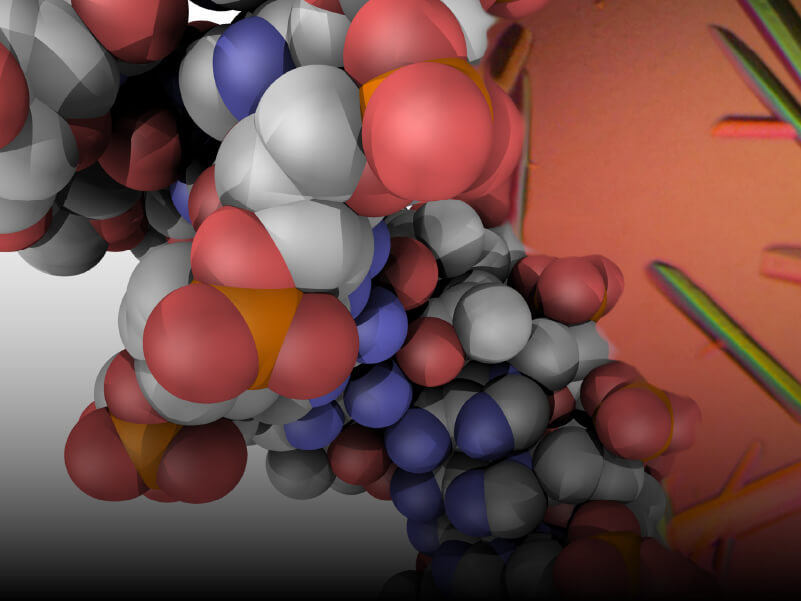
STRUCTURAL BIOLOGY 2.0 : COMPUTATIONAL TOOLS AND X-RAY DIFFRACTION INTEGRATED TO SOLVE AND UNDERSTAND 3D PROTEIN STRUCTURES
Rationale:
The borders among different approaches to do research in modern Biology, are quickly being blurred. This trend also holds in Structural Biology. Experimental data are increasingly combined with computational methods in each and every step of the way. This advanced workshop aims at filling in the gap, avoiding separate chapters for different techniques and instead mimicking real-life research, with these different components interacting all along the process.
The workshop will showcase how X-ray crystallography, AI-based prediction engines and molecular dynamics simulations, are intertwined to solve 3D macromolecular structures, and most importantly, to draw useful biological information from them.
Description:
The workshop will cover theory and hands-on practical work, the latter including tutorials and the students’ own data processing. The course will focus on X-ray crystallography as a powerful method to determine 3D
structures of macromolecules, with emphasis on diffraction data processing and map interpretation/model refinement. Along the process, from target selection to crystallographic refinement, state-of-the-art
computational approaches will be presented and used. The combination will showcase its power to evaluate structure quality and to analyze the models with a Biological Perspective. Theory and practice of modern
prediction algorithms (machine learning/deep learning, large language models) will be included, as well as an introduction to molecular dynamics simulation techniques.
The workshop is conceived for 20-25 attendees: advanced graduate students, postdocs and young researchers working in Structural Biology, Protein Science and related areas. Students that bring their own data (X-ray diffraction data, and/or actual novel protein structures to analyze) will be given priority.
The workshop will be full-time. Students will be allocated with individual personal computers and all needed software will be pre-installed and ready to use. The course will be open for applications from any country,
although priority will be given to applications from Latin American students.
We will count with the contribution of renowned researchers in the experimental and computational fields, to learn the theoretical bases of their methods, and to be guided through in-depth tutorials about their latest
software.
A common thread along the course will be the interest into study cases and practical application of Structural
Biology for biomedical purposes: molecular bases of health and disease, protein engineering with medical impact (modern vaccine design, drug discovery, molecular diagnostics).
Tutors:
Alejandro Buschiazzo
Martin Graña
Nicole Larrieux
Ma. Natalia Lisa
Matias Machado
Felipe Trajtenberg
Ari Zeida
📢 Save the date! RI-HUBs General Assembly on Friday, May 3rd at 8:30 AM in Rosario, Argentina. Join us onsite or via Zoom for an impactful session! #RIHUBs #GeneralAssembly #HybridMeeting 🌐

This project has been made possible in part by a grant from the Chang Zuckerberg Initiative DAF, an advised fund of Silicon Valley.
© 2024 CEBEM. Created for free using WordPress and
Colibri

